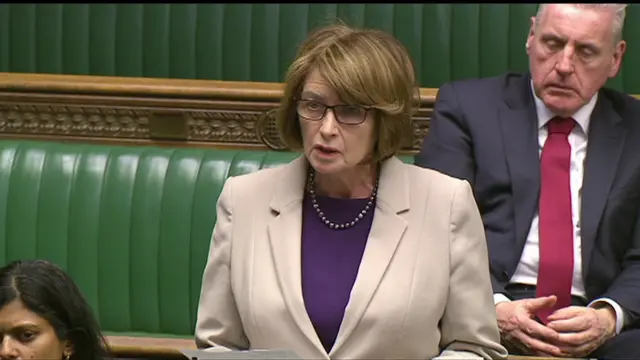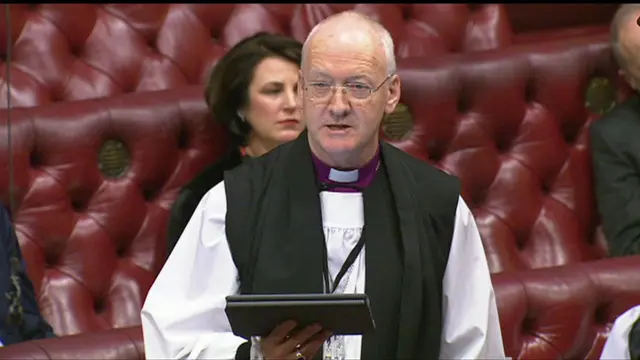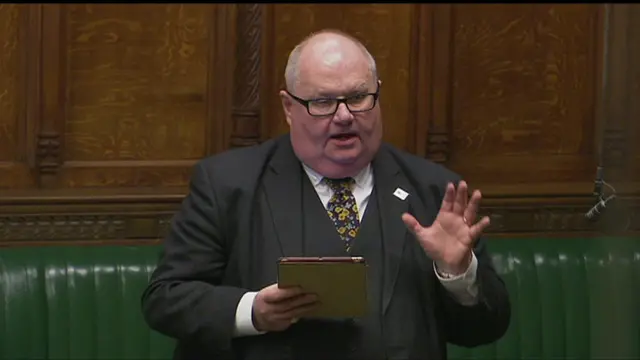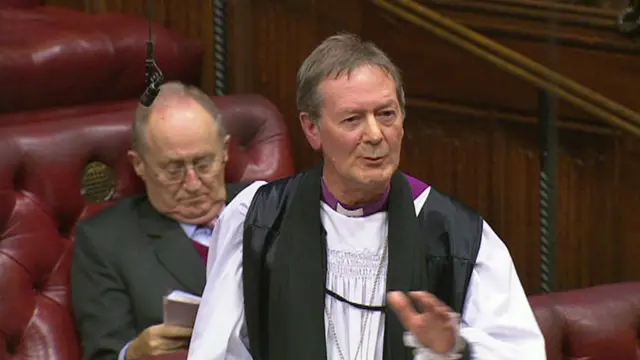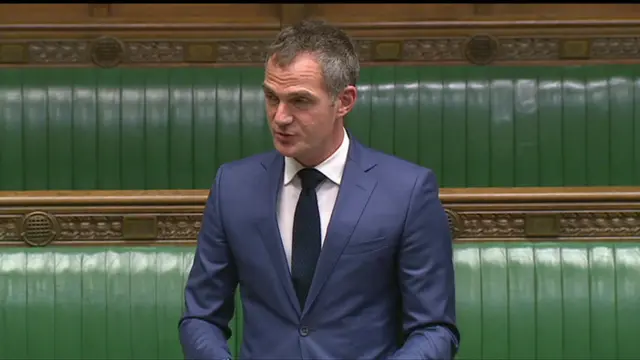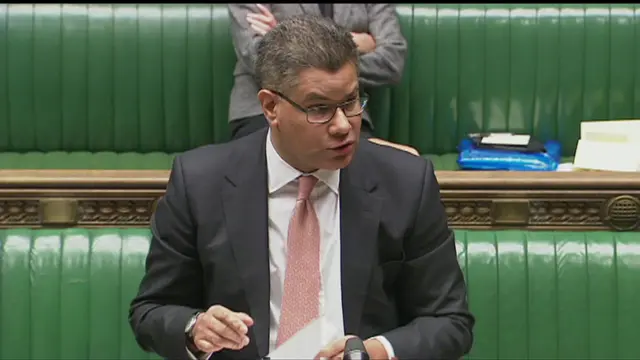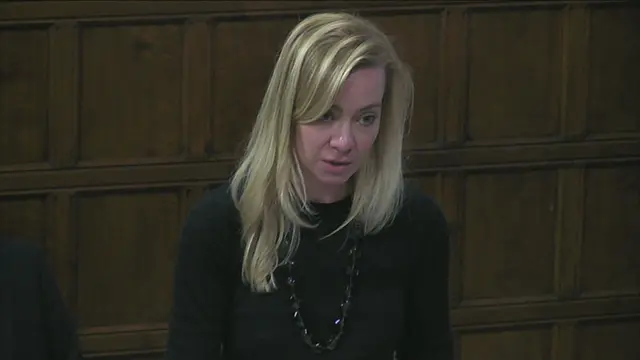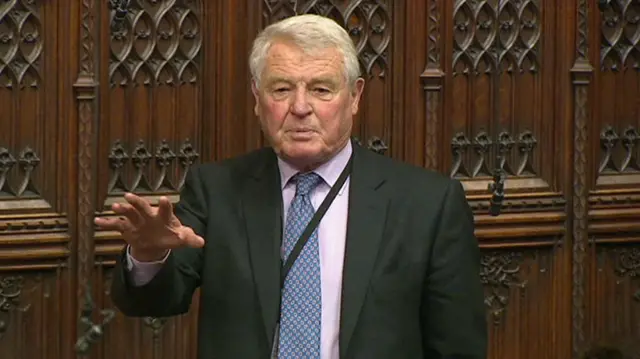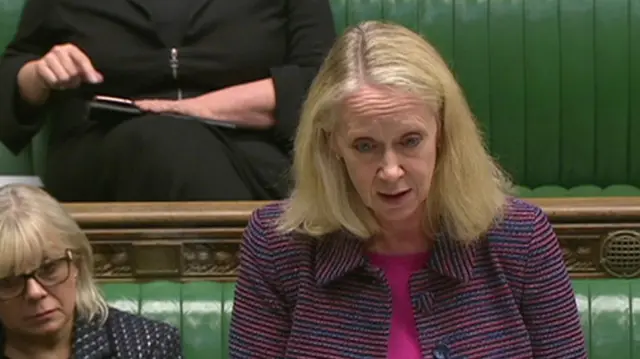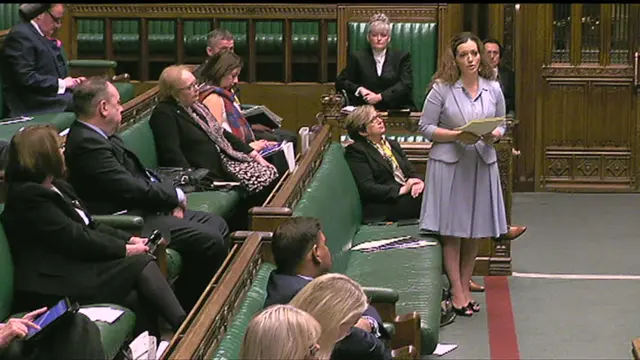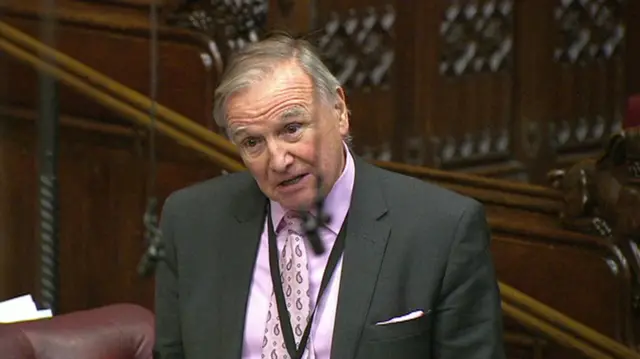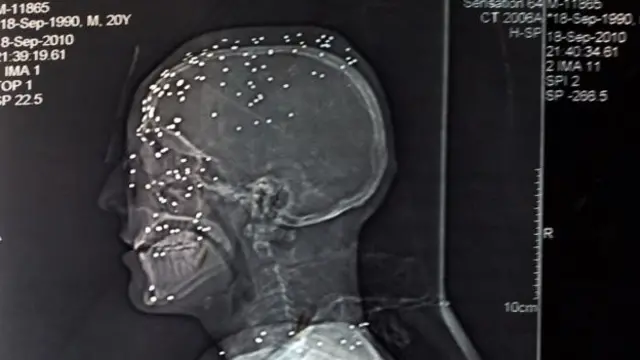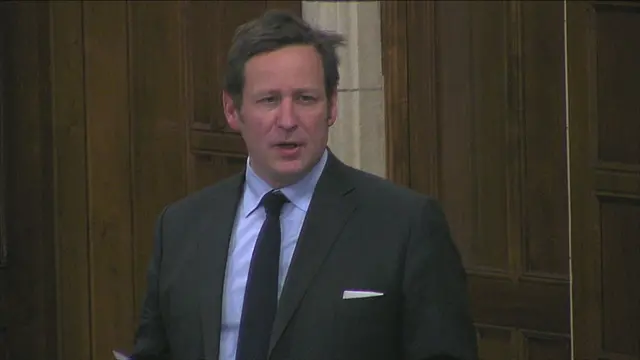Conservative MP says Auschwitz visit 'seared in my conscience'published at 15:43 GMT 19 January 2017
Holocaust Memorial Day 2017
 House of Commons
House of Commons
Parliament
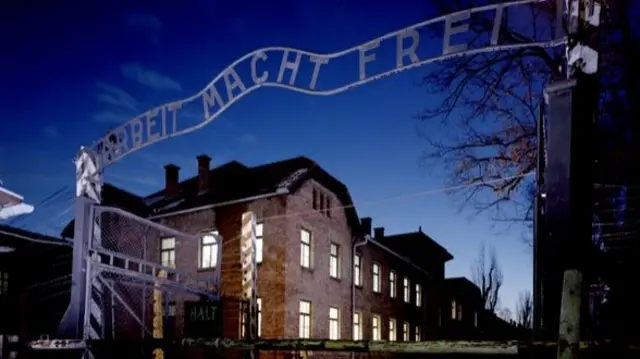
The entrance to Auschwitz-Birkenau concentration camp in Oswiecim, Poland
Conservative MP Bob Blackman describes the persecution of Jews in Nazi Germany, culminating in the Holocaust.
"There were large numbers of people involved in this and it was a systematic attempt," he says.
He says a visit to Auschwitz-Birkenau is "seared in my conscience".
Mr Blackman also praises new film Denial, about British historian David Irving, accused of denying the Holocaust, which is released on Holocaust Memorial Day next Friday.
